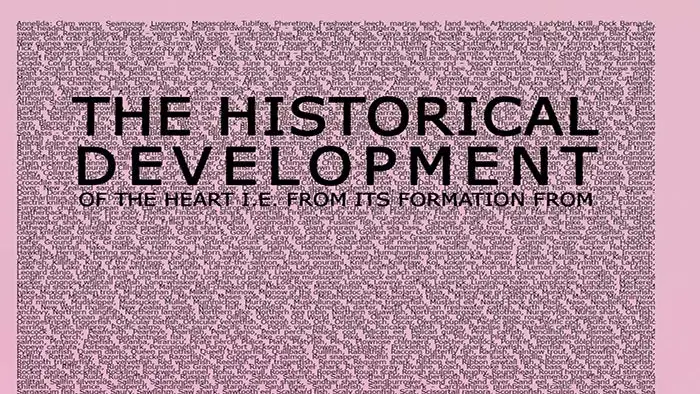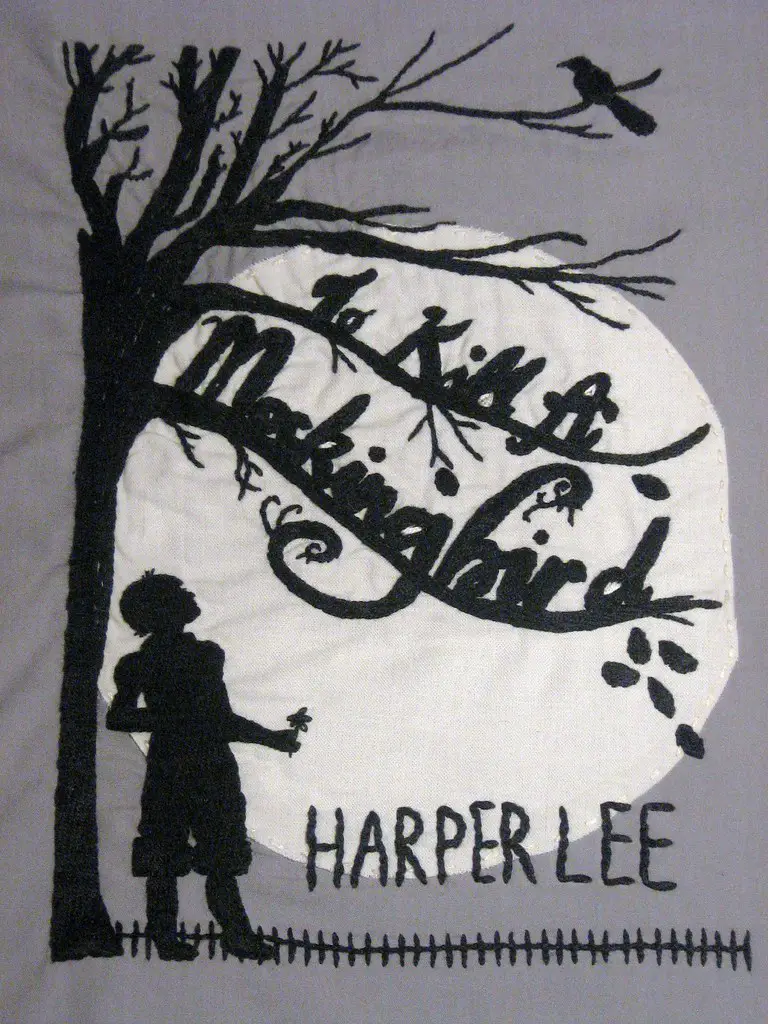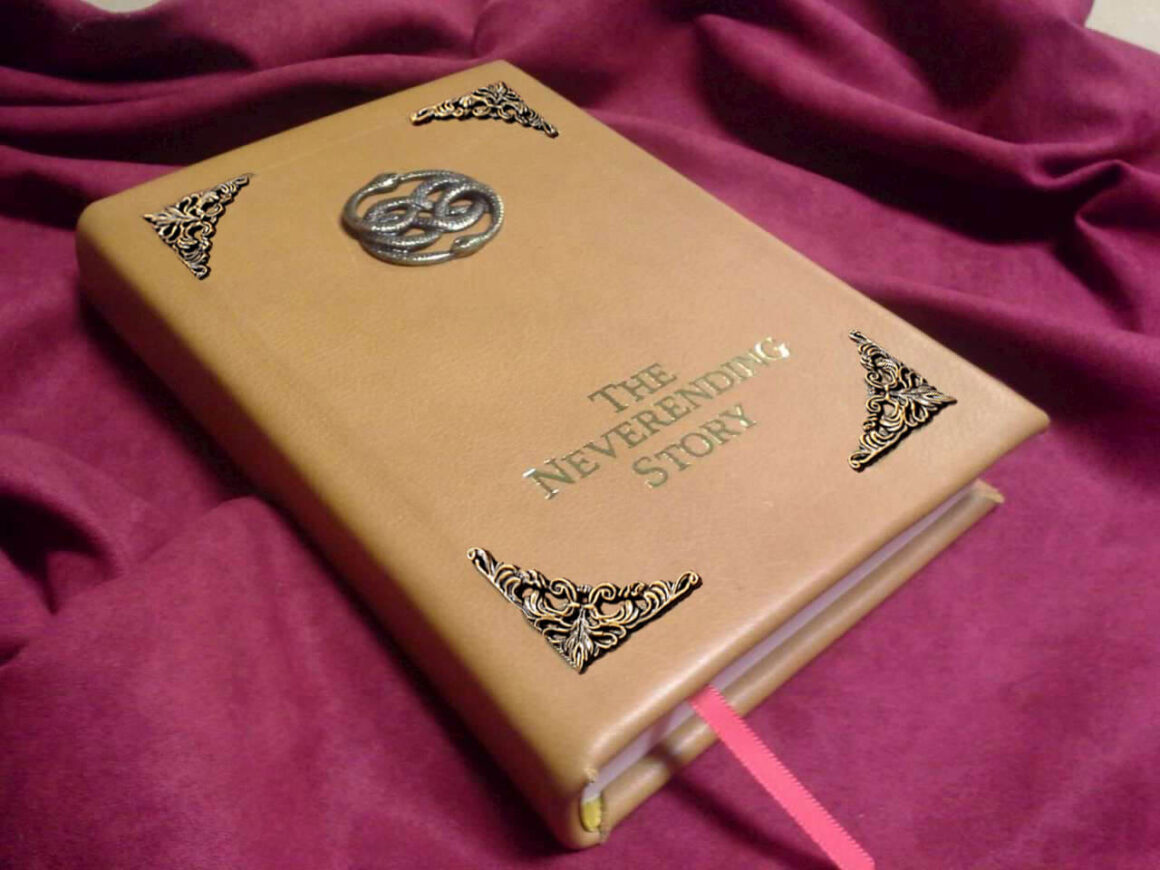Have you ever read a book with a title that has nothing in common with the content? What makes matters worse is if you’re writing a book, come up with a brilliant title, research it, and find out the title is not only taken, but it’s taken by a book that has nothing to do with the title. A book with a long title may remind you of the nonsensical word “Supercalifragilisticexpialidocious.”

The longest book title in the world is Vityala Yethindra’s The Historical Development of the Heart from Its Formation From …, which contains 3,777 words and over 26,000 characters. Try reaching the antepenultimate chapter, then tell me how you feel. Although the book details the history of the heart and the scientists who contributed to the study of cardiology, the sentence-cased title reads like an academic paper.
An Elevator Pitch
Can you imagine trying to give a stranger a 30-second elevator pitch about a book that has absolutely nothing to do with the title? Quite possibly, a book that has nothing to do with a title has a hidden meaning, just like an extraordinary movie that has nothing to do with a title. Surely, you’d have to reread the entire book to develop a better understanding. Or maybe you judged a misleading book title, regardless if you loved or hated the content inside.
An effective elevator pitch is a short description of what you do and what you sell, forcing you to compare your current situation to a better world. Also, the elevator pitch having a surprise ending or a hint of mystery can lure in a customer. Having a title that you can’t fit on the front cover of the book may be the same title that’ll take up 30 seconds to say. By then, hopefully, you gained yourself a potential customer. Looking at a title with an excessive amount of words can make you prefer looking for a wordless book.
A Pulitzer Prize-Winning Book with a Misleading Title

Harper Lee’s Pulitzer Prize-winning To Kill A Mockingbird would make anyone clueless about such a book think it’s about hunting. Do you remember when you first found out that the book is about a southern trial for an innocent black man and how good and evil can coexist within a single community or individual? Have you read To Kill A Mockingbird? You don’t have to be shy to admit if you never read the book, but after being tricked like clickbait from a YouTube video title, you’ll hate or love the masterpiece. In the United States, To Kill A Mockingbird is widely read in middle schools and high schools, but that doesn’t mean you read the entire book.
Questioning A Misleading Book Title
I remember being in college, questioning the title of the book Their Eyes Were Watching God by Zora Neale Hurston. How is it that the character’s eyes were watching God? But eventually, I found out that the title may be deserving of its place. The title simply sounds like people looking at the sky in search of God. Their Eyes Were Watching God seriously doesn’t cover much about philosophy, but it’s about Janie Crawford (a strong, independent woman) surviving two deplorable marriages. Janie overcoming an abusive marriage with Logan Killicks for 20 years and Joe “Jody” Starks for seven years is hard to read. She is victimized mentally and physically, even being slapped by Jody after her relationship. Finally, she found the love of her life, Tea Cake.
Other Misleading Book Titles You May Love
When you pick up the book One Hundred Years of Solitude by Gabriel García Márquez, try not to mistake it for Twelve Years A Slave by Solomon Northup. Pick up both books for a good read, but One Hundred Years of Solitude is not actually about a prisoner writing about their life before being confined in a jail cell for what feels like 100 years. The book covers the fictional town of Macondo set in Latin America, where humankind is against war, redemption, love, loss, corruption, and more.
Maja Lunde’s novel, A History of Bees has three different families in three different time periods and Lunde wonders about the past, present, and future of beekeeping. Lunde’s follow-up novel with a more appropriate title, The End of The Ocean, is about how climate change and ecological destruction are reshaping the planet and human life.
Some of you may recall the 1984 movie, The NeverEnding Story, when it aired on the Disney Channel and are looking forward to Walt Disney Studios doing a remake (expected to be released in 2024). There is a heroic boy (Bastian Balthazar), who is an overweight child neglected by his father after the loss of his mother. Bastian flees bullies, enters an antiquarian book store of Carl Conrad Coreander, and eventually finds a book called The NeverEnding Story. He steals the book, hides it in a school attic, and learns more about the magical land of Fantastica.

Making fans of the movie read Michael Ende’s 1979 book, The NeverEnding Story movie adapted only the first half of the book and the story actually has an ending. Ironically, you’ll remember Limahl with the song of the same title as the book in the movie credits, saying in the chorus, “Never ending story…” Such a catchy song may never make you look at the book the same way again. The second half of the book is practically in The NeverEnding Story II: The Next Chapter (1990), and the third film, The NeverEnding Story III: Escape From Fantasia (1994) has an original plot not based on the book.
A book title that has nothing to do with the content inside can be read and appreciated. That is totally fine. If there are any misleading books that were not mentioned in this article that you would like to discuss, feel free to comment on The Bookshop Blog’s Twitter.
